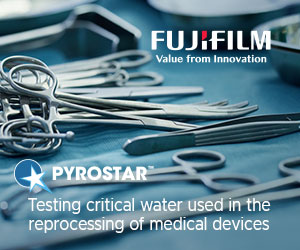Colour Change Racks Maintain Temperature at sub 4ºC.
NEW IsoFreeze® PCR SBS Rack from Anachem
The new SSI IsoFreeze® PCR SBS colour-change racks exclusively available from Anachem, now offer an economical way to protect the reagents on your automated PCR workstation. These unique new cooling racks now have the industry-standard SBS footprint enabling samples to be maintained at sub 4ºC temperatures whilst being stored and used on standard robotic instrumentation.
IsoFreeze PCR SBS racks have a non-toxic gel-filled centre incorporating a temperature dependent colour-change material. After storage at -20ºC the racks will maintain samples at below 4ºC for up to four hours on the bench or workstation. A dramatic change to a contrasting colour is seen at 7ºC to indicate that the rack, or even a single well has risen above refrigeration temperature.
The high performance racks create a chilled, stable environment for PCR reagents, cells, enzymes or other temperature sensitive reagents. They accommodate industry standard format 0.2ml tubes and will provide efficient cooling whether using individual tubes, strips of tubes or any format PCR plate (up to 96 wells).
Two different formulations are available, one changing from green to yellow and the other from purple to pink, and each rack comes with an individual snap-on-lid made of clear polypropylene. IsoFreeze® PCR SBS Racks are the economical way to refrigerate your samples during robotic manipulations.
Source : Anachem Ltd View Company Information
Posted on January 16, 2006






